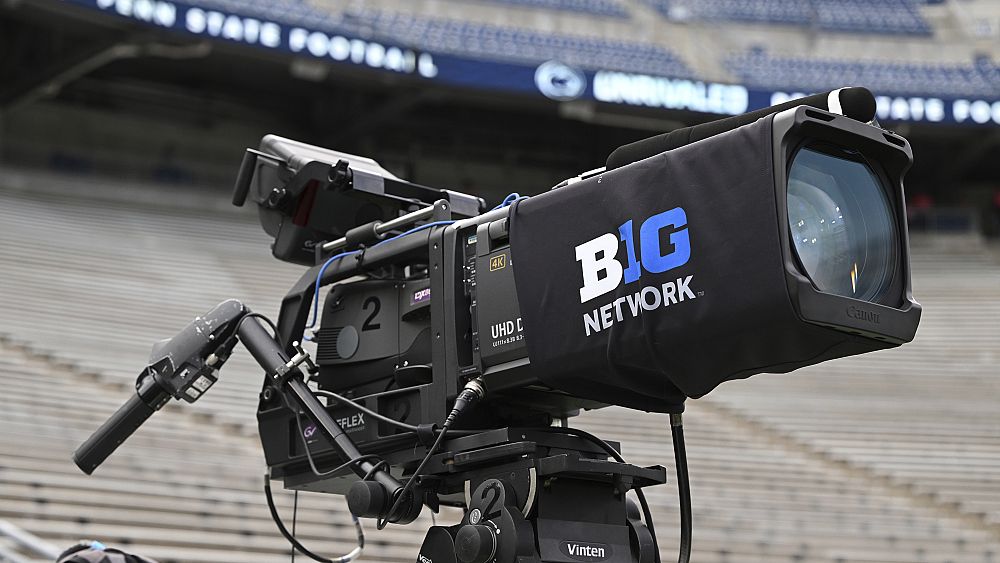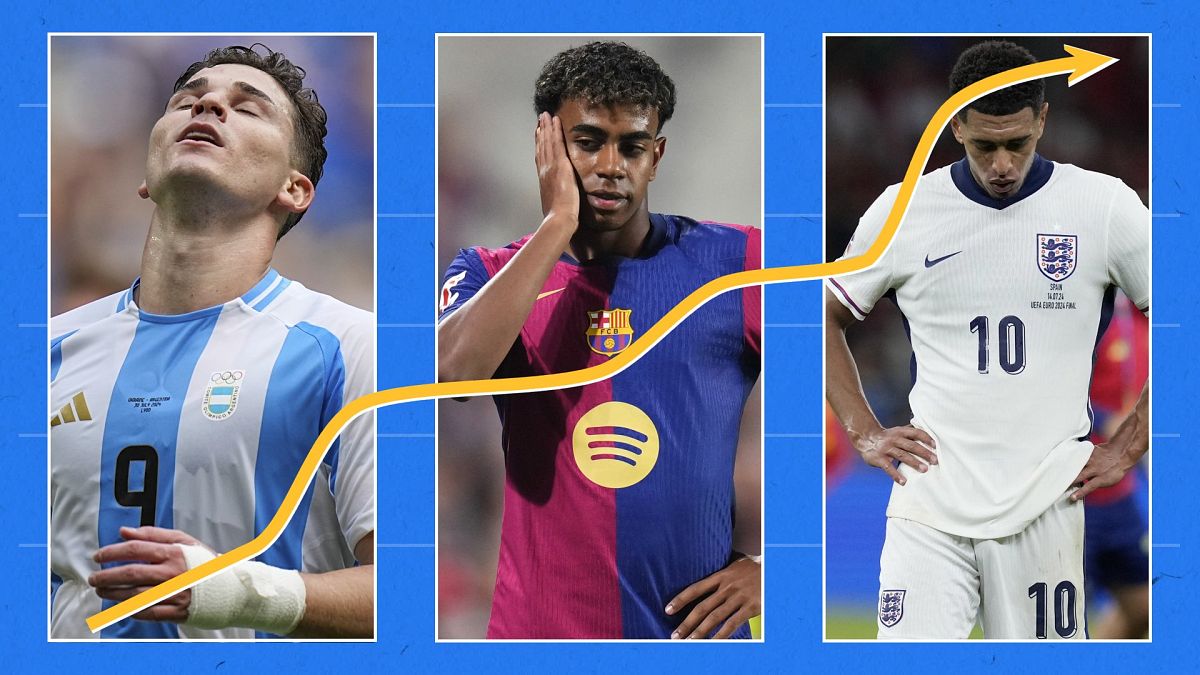How is the way we consume football changing?

Many studies over the years have almost conclusively proven that football is the world’s most popular sport.
Thought to be invented around the year 1863, it’s the game’s simplicity that has contributed to its astronomical growth over the last 160 years. Anyone can watch the game and understand at a basic level what is happening, and it can be played pretty much anywhere, too. According to Nielsen data, over 40% of the world’s eight billion-plus population claim to be a fan.
The pinnacle game in the sport, the World Cup final, drew in a record global audience in 2022, and an estimated 1.5 billion people watched Argentina beat France in a thrilling match in Qatar. [Source: FIFA]
Compared to other big sporting events, the audience figures are truly monumental. The 2022 NFL Super Bowl between the Los Angeles Rams and Cincinnati Bengals attracted a global reach of 153 million [Source: Adobe Analytics]. The season finale of the Formula 1 2021 season in Abu Dhabi drew in an audience of 108.7 million [F1]. In comparison, the final day of the 2022 Masters in Augusta was seen by 13.1 million [USA Today Sports]. These sports have international acclaim, but the numbers do not lie: their reach is not on the same level as football.
“Football is really watchable because it brings people together,” explained Euronews journalist Cinzia Rizzi.
“You can watch a football match on your couch with your family or friends, basically, with people. And it’s easy to understand. The rules are not as complicated as sports such as Baseball or Rugby, and as Pele said, ‘it’s a beautiful game’.”
Football is broadcast into an average of 643 million homes annually [Sporting Index], but as the way we consume content, on the whole, is changing, so is the way we consume football. From a film and TV perspective, we are living in the era of online streaming platforms. Terrestrial television is becoming less popular among younger generations, and we are now seeing a shift in where fans can watch their favourite sport.
In the UK, the Premier League has ventured into online streaming. It has been a popular move, making the game more accessible to viewers. In game weeks, Amazon has the rights for all games shown exclusively on their Prime website and applications. The multi-national technology company brought the rights to two rounds of games per season in 2019 and is expected to bid for more games when the next round of bidding opens in 2024.
In the USA, Apple has also moved into football streaming. They previously purchased the broadcasting rights for baseball games and launched the ‘MLS Pass’ for the 2023 season. The streaming service allows viewers to watch all MLS games for $99 a season. However, the difference between this and the Amazon deal in the UK is that the Apple deal is global. It could really lay the foundation for how football will be streamed in the future to a worldwide audience.
Premier League rights are costly, but if a company like Apple are interested enough to try and obtain some, it’s clear a company of that size can afford it.
The other way that we consume football is changing is the rise of fan media, and like the mainstream broadcasting of football, it’s an industry that constantly changes.
The Covid-19 pandemic caused a big shift in the type of content that these ‘fan channels’ produce. In a time when supporters were not allowed into stadiums for their own safety, fans still craved the experience of watching games on TV as part of a community. Due to demand, the watch-along era of fan-generated content was born. Typically, one or two football fans live stream their reactions to a game as it happens.
“It’s a brilliant way to interact with the viewers,” explained Paul Machin, co-founder of Liverpool fan channel, The Redmen TV, “and that’s something that doesn’t exist in the mainstream.”
“It means that you can have that live interaction with people. And we’ve got people who are there for every one of those shows. It doesn’t matter who’s hosting them. They’re there like clockwork, and they contribute to the conversation.”
The way we consume football is changing dramatically. As we move further into the digital age, football broadcasting is slowly starting to catch up. But one thing will never change, and that’s how many people love the sport.
Source: Euro News














